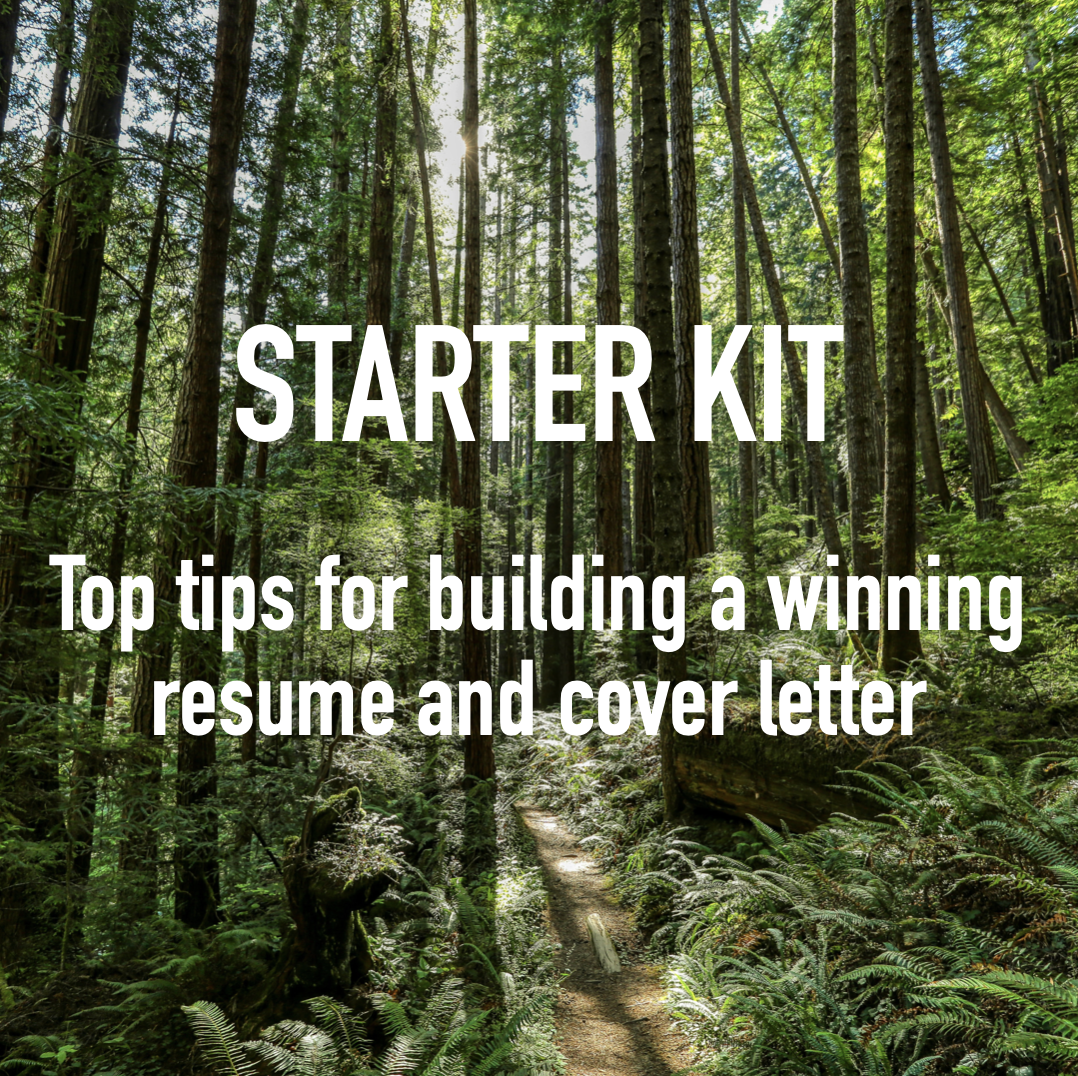How to Handle a Boss That Plays Favorites
Kent R.
The reality is that almost every manager plays favorites. It’s extremely common and, frankly, as a leader it takes a lot of work and effort not to. But just because it’s common, doesn’t mean it isn’t frustrating, especially if you’re not the favorite. So what can you do?
That’s what we’re getting into on this episode of the Stop Hating Mondays Podcast – how to move forward in your career and stay sane when your boss plays favorites.
TRANSCRIPT
(Transcripts are auto-generated and may contain minor errors)
Caanan
The reality is that almost every manager plays favorites. It's extremely common and, frankly, as a leader it takes a lot of work and effort not to. But just because it's common doesn't mean it isn't frustrating, especially if you're not the favorite.
So what can you do?
That's what we're getting into on this episode of the Stop Hating Monday Podcast. How to move forward in your career and stay sane when your boss plays favorites.
Caanan
All right, Kent.
You're always saying that your job is only as good as your manager. So I want to get your take on this question from Debbie.
She says, “I don't think my manager likes me. I bust my butt but I'm not getting the best projects.
I'm not getting any coaching and I'm getting skipped over for promotions. My manager puts all of his energy into his favorite two employees. What can I do?”
Yeah, oh man, I feel for her.
Kent
I feel for her and I will die on this hill. Just thinking back to all the different podcast episodes where this comes up… so much hinges on the relationship between the manager and the employee. Go back and listen to it. There's one season – I think two seasons ago – where we talk about this.
It comes up in nearly every episode because of that relationship between the manager and the employee is not healthy, it impacts everything. But here's what I really want to say. This is not surprising.
This is common.
And the hill I’ll die on… most managers are not effective managers.
They should never be managers simply because they were good as an individual contributor. And if that was the case, they weren't given the training that they should be given or the education outside education to actually be an effective manager.
So this is a reality that people like Debbie just have to get used to. It's not an “Oh my God, I can't believe this is happening.” It's “uh, of course this is happening.” And in Debbie's case, she's not a favorite, so she has to think of tactics that will keep her from coping, but feeling like she's actually moving forward and acknowledging the reality that she has a boss who is playing favorites.
So the first thing I want to say is that it's common. People like Debbie have to find ways to drive the outcomes that she wants. She still needs to be an effective employee. A happy employee. She has to push for opportunities that will help her grow as an employee and will help move her work group forward so she and others need to look at this like we look at data. This is data – the reality that her boss plays favorites – is data that has to be managed.
Caanan
So another question from Mark, which is really a continuation of your answer to what Debbie asked, is “Who's my advocate If my boss plays favorites and I'm not the favorite?”
Kent
Yeah, here's another workplace reality.
I don't know a lot of people who've gotten someplace without an advocate or two or three or five in a workplace. If your manager is not your advocate, meaning it's neutral or they have other favorites, it's going to be tough to get anywhere.
So, while you're working on that relationship, you also have to be finding advocates and allies elsewhere. And, of course, in a way that isn't going to anger your boss.
Caanan
Right! 'Cause this can be very politically sensitive – going around your boss to find a different advocate.
Kent
Yes, so having this awareness that you're not a favorite in your one-on-ones – in your evaluations – one of the things you're doing to endear yourself to your boss is talking about ways that you can add value to the team and grow yourself.
So you're coming with ideas for job enrichment and growth, and maybe some of these ideas involve other key people within the company. So you say you're working cross functionally with a few other people to get a get an initiative started or moving forward. There you're taking steps to create other people, allies who see the work you can do and can kind of serve in that role that your manager can't or won't serve in because you know, in the case of Debbie and, it sounds like in the case of – what’s his name? – Mark, it's not happening. So the first piece of advice I would give to them in terms of actual action is focusing on finding advocates / allies in a safe way outside of their direct leader.
Caanan
Yeah, and let's not discount the effectiveness of finding ways to make your manager look good.
I mean, I hate suggesting that people need to play this game, but as you said, this is the reality.
It's so common. So what would you say about that? Like seeking out these ways to make your manager look good.
Kent
And just because your manager is playing favorites, and you're not one of them, doesn't mean your manager isn't respected somehow – when we haven't established that, I'm just assuming it's a pretty bad manager. I mean, if we’re being honest – and because this is an independent podcast, we can be honest – probably a pretty bad manager if it's that obvious that he or she's playing favorites. But we don't know.
What his or her reputation?
So it's always a good investment to finding these initiatives where you can shine and get recognition from other people who could serve as advocates and allies. If it makes your manager look better or better yet, your team look better along the way, all the better. 'Cause your job – you know the way we've constructed this – is to succeed in your job and in this case I would imagine the people who wrote in would possibly like to get a promotion within their company. They're not going to get a lot of our typical advice, which is get out of that company, you know. In this scenario, we're assuming they want to stick around. So absolutely this falls under the awareness category.
Do what you need to do to be productive – moving things forward for you – being fully aware of this toxic bit of landscape reality under which you're working.
Caanan
And document everything you're doing.
Kent
Always document.
Caanan
What advice do you have for managers who want to be better about favoritism and creating those toxic pecking orders.
Kent
Yeah, for all the individuals who we've spoken with over the years and have written in like Mark and Debbie, we'll get into this and I'll kind of beside laughing because, you know we all get swept away, like when you meet a potential new friend or whatever outside of work, and you find you have interests in common.
Come in, you get swept away and this is exactly what happens in the workplace, and there's no excuse for it in the workplace.
That's the problem.
I've used this example of running before because I'm a runner.
You know, the manager who has somebody on his or her team who also likes to run. And they're yapping about it constantly and talking about races and all of it seems so natural. Like they're developing a friendship. But the manager isn't finding certain commonalities with other employees just because, well, the manager is not interested in it.
Ao you know to answer this question, “what advice you have for managers?” You can engage all your employees, even if your interests don't align, you can be asking the other people, “Oh how's your… How's your book club going?” That's how you can lift other people up, and even if it's transparent like, “ah, here Joe goes again, you know trying to make me feel good even though I don't run like Jill dies or whatever.” Making an effort to keep that playing field level. But what happens is people get swept away as they do out in the real world and you just create a bond with people who are similar to you.



